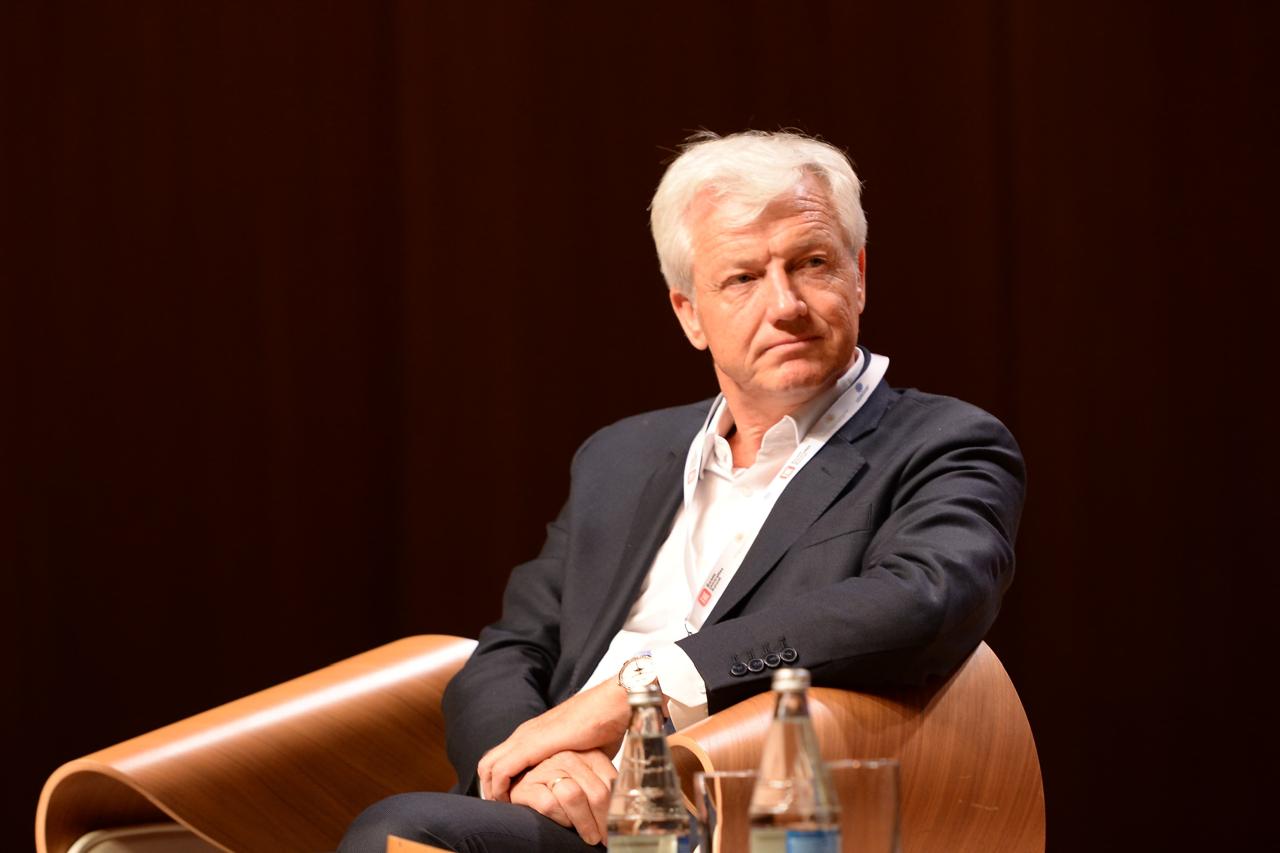
Registration Opens for SAF 2025: International STEAM Azerbaijan Festival Welcomes Global Youth
The International STEAM Azerbaijan Festival (SAF) has officially opened registration for its 2025 edition!

Within the framework of the Times Higher Education (THE) Eurasia Universities Summit, a high-level panel titled “The Role of Universities in Fostering Inclusive Societies” brought together distinguished speakers including Helmut Kern, Representative for University Rankings, Government of Austria; Dr. Jafarli, Founder and CEO of the Association of Azerbaijani British Professionals; and Dr. Patnarin Supakorn, Director of the Center for International Affairs, Walailak University (Thailand). The discussion focused on how higher education can promote social cohesion, equality, and solidarity across borders.
Opening the session, Mr. Kern highlighted Austria’s inclusive approach to higher education, noting that public universities remain tuition-free or very low-cost for students of all nationalities. “Anyone in the world can come to Austria and study basically for free,” he said, pointing out that this model ensures inclusivity while maintaining high public investment of around $7 billion annually.
Building on the theme of ensuring inclusivity and student success, Dr. Supakorn introduced the experience of Walailak University in southern Thailand. She talked about how adopting the UK Professional Standards Framework, requiring faculty to publish annually in high-ranking journals, and embedding inclusive values into lesson plans, the university achieved to raise its rankings.
The panel further addressed the role of gender equality in academia, noting both the progress made and the persistent barriers that women face in research careers. The conversation concluded with a call to rethink global university rankings. Addressing the global perspective, Mr. Kern suggested introducing indicators such as an affordability index — measuring tuition fees relative to national income — to ask whether we are really in a position to attract the brain power of young people to our education systems.
Share

Registration Opens for SAF 2025: International STEAM Azerbaijan Festival Welcomes Global Youth
The International STEAM Azerbaijan Festival (SAF) has officially opened registration for its 2025 edition!

Applying to KAUST - Your Complete Guide for Masters & Ph.D. Programs (Upcoming Admissions)
Admissions Overview & Key Requirements

Join the Edu-live Internship Program!
Are you passionate about journalism, education, science, as well as global study and development opportunities? Do you want to be part of a dynamic media platform that brings educational and scientific news and stories to life from around the world?

Young Leaders Union Conference 2025 in Paris (Fully Funded)
Join Global Changemakers in Paris! Fully Funded International Conference for Students, Professionals, and Social Leaders from All Nationalities and Fields

An mRNA cancer vaccine may offer long-term protection
A small clinical trial suggests the treatment could help keep pancreatic cancer from returning

Yer yürəsinin daxili nüvəsində struktur dəyişiklikləri aşkar edilib
bu nəzəriyyənin doğru olmadığı məlum olub. Seismik dalğalar vasitəsilə aparılan tədqiqatda daxili nüvənin səthindəki dəyişikliklərə dair qeyri-adi məlumatlar əldə edilib.